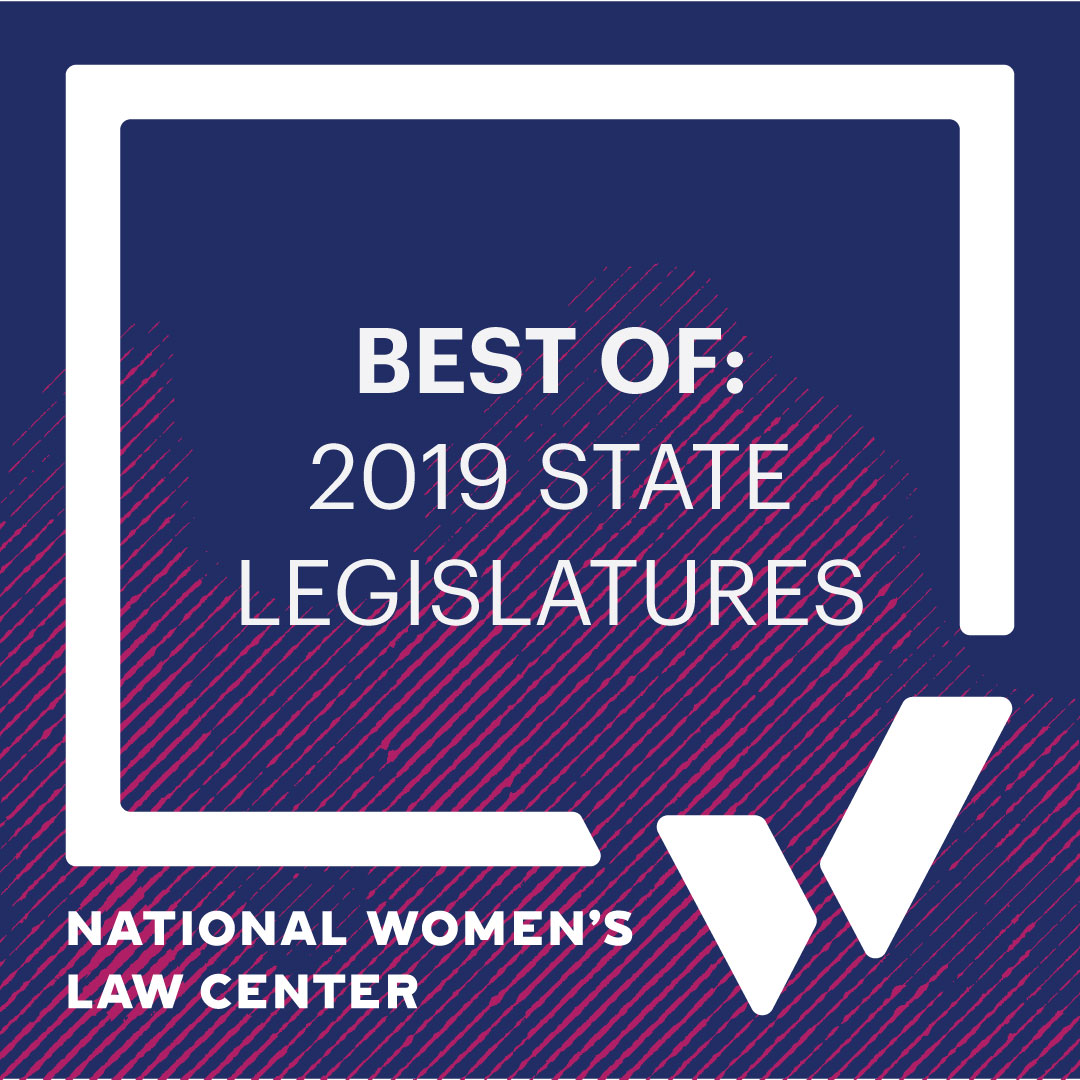An Increasing Number of Parents Seek Child Care during Non-Standard Hours

 With many parents working in jobs that require non-traditional hours, the need for strategies to expand options for safe and supportive child care during those hours is pressing.
With many parents working in jobs that require non-traditional hours, the need for strategies to expand options for safe and supportive child care during those hours is pressing.
Nearly one in five working mothers of very young children work in low-wage jobs—jobs that frequently involve evening, overnight, weekend, or irregular hours. More than one in four low-wage workers have non-standard work schedules. Some low-wage jobs are particularly likely to require non-traditional schedules. Over half of waiters and waitresses, more than four in ten home health aides, and about one-third of cashiers and personal care aides work the majority of their hours outside weekday norms. Many low-wage workers, specifically those in the service sector, also must cope with schedules characterized by highly unstable, unpredictable, and often inadequate hours that negatively affect their incomes, their stress levels, and their child care options.
Finding child care during non-standard hours or to accommodate unpredictable schedules is a quite a task. Currently, just 8% of center-based providers provide some care during evenings, overnight, and/or weekends, and just 34% of listed home-based providers (regulated providers or those on some federal or state list) do so. Most parents depend on family, friend and neighbor care (FFN care) during these hours.
At NWLC’s annual January retreat for national and state child care advocates, a panel highlighted the challenges of finding child care during non-standard hours and explored strategies for expanding families’ child care choices.
Teófilo Reyes with the Restaurants Opportunities Centers United (ROC) discussed “Nightcare,” a report that explored the child care needs of ROC members in New York City. After surveying 300 parents working in restaurants, ROC found that many preferred weekend shifts because they offered the potential of more tips and higher earnings. If parents did not have relatives or friends to turn to for child care, they frequently resorted to using expensive unlicensed providers.
Mary Beth Testa with the National Association of Family Child Care highlighted issues affecting parents’ ability to use regulated family child care during non-standard hours. Since 2011, the overall supply of regulated family child care has been on a downward trend. And those family child care providers that are still operating are not eager to extend their hours beyond the regular workday. Family child care providers are reluctant to work longer hours than they already do or cut into the time they have to spend with their own families.
Phil Acord, at Chambliss Center for Children in Chattanooga, Tennessee shared his experience of operating a child care center that’s open 24/7. He mentioned that the need for this type of care is increasing in his community with retail malls typically open until 9 pm and a growing number of call centers open around the clock. Despite the need for non-traditional hour care across the country, the Chambliss Center is one of the relatively few centers offering it due to the financial and other challenges involved. Even if there are many families in a community that need non-standard-hour care, there may not be enough families to make it economically viable for a center to offer it, since parents may prefer have their children closer to home at night and in a smaller setting. Centers also struggle to find staff to work during nighttime or weekend hours. To make it easier to recruit staff, Chambliss Child Care offers higher pay for working during non-traditional hours, and takes steps to ensure the staff’s safety during late night hours.
Participants and panelists discussed possible strategies to help to ensure that child care is available during non-standard hours.
States can:
- Offer higher child care payment rates for non-standard hour care for parents receiving child care assistance.
- Ensure that FFN provides are available as a choice for parents receiving child care assistance.
- Ensure that parents working evenings and overnight can receive child care assistance to cover both their work hours and time during the day so that parents can sleep or that children can be with a provider that offers an early learning experience.
- Craft regulations tailored to child care centers and family child care homes operating during night hours that reflect the particular type of care that children need and that providers should offer during these hours.
- Provide grants, mentoring, and other support to help encourage more centers, family child care providers, and FFN providers to offer care during non-traditional hours and to assist those that already do offer care during these hours.
This panel and the discussion that ensued provided a window into a serious challenge for millions of families. NWLC looks forward to further exploring this critical issue for parents and children.




